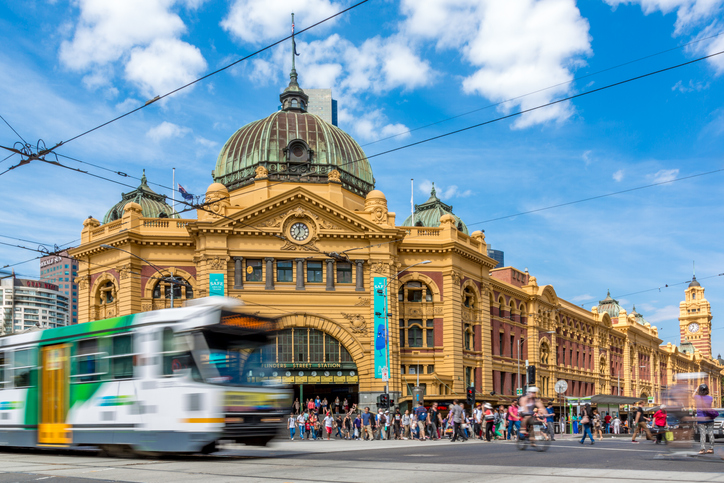A new report has suggested that decentralised autonomous organisations (DAOs) could revitalise precincts in the Melbourne CBD.
A DAO is a governance model popularised by Decentralised Finance (DeFi), where members buy governance tokens to vote on how the DAO operates and spends its money. At the end of 2021, DAOs had more than 1.6 million users globally, up from just 13,000 at the beginning of the year.
The report — The Docklands DAO: Reimagining precincts in a digital CBD — aims to outline how DAOs could benefit stakeholders in various CBD precincts impacted by the long-term effects of COVID-19 and hybrid working, by providing targeted economic stimulus, community governance and community engagement.
Precincts within Melbourne’s CBD, such as the Docklands, could pilot a new type of digital economic infrastructure, which would see local retail, residential and commercial tenants come together to collect and utilise people flow and other data that would help all stakeholders optimise resource allocation, increase efficiency and ultimately revitalise the city, a new report by RMIT suggests.
The report by RMIT’s Blockchain Innovation Hub, the Centre for Cyber Security Research and Innovation and the Digital Ethnography Research Centre, proposes a strategic pilot for collecting and utilising data to help create organically successful regions in the CBD.
The collected data is particularly useful to the small and medium-sized businesses that have been impacted by the economic shocks of the past two years and who need patrons to maintain the working capital to survive.
The report’s author Dr Max Parasol from the RMIT’s Blockchain Innovation Hub said the Docklands would be an ideal precinct for the first proposed pilot and would empower local stakeholders to revitalise economic and cultural activity in the area.
Parasol said, “A Docklands DAO would encourage community buy-in and engagement as a way to regenerate the precinct. The beauty of a DAO is that it provides greater levels of transparency, openness and democratic governance so every member of the DAO (the community) has a voice and voting power.
“DAOs are being successfully spun up around the world and now is the time to really stamp our mark not only as an emerging digital city but this is also a great opportunity to make the Docklands a thriving place to live, work and visit.”
Jason Potts, co-director of the Blockchain Innovation Hub and distinguished professor said the second report, in a series of five reports, which will make up the Victorian government-funded Digital Infrastructure and Digital CBD Project, focuses on digital precincts and proposes “a big new idea for regeneration”.
He said, “The big idea is to build a new type of digital economic infrastructure a DAO that will create and manage a new local resource for the city data and will develop a new model for community participation and governance, not just of that data but of all the value that is discovered in that resource.
“While there is a novel technology aspect to what this report proposes, in reality, the technology is just a vehicle for a new approach to community-led and community-owned discovery of new resources and opportunities with which we can continuously reinvent the local economies that make up our cities, and that has never been more important than right now,” Potts added.








